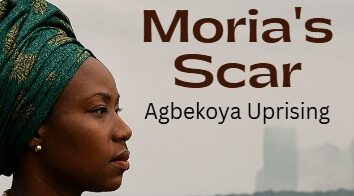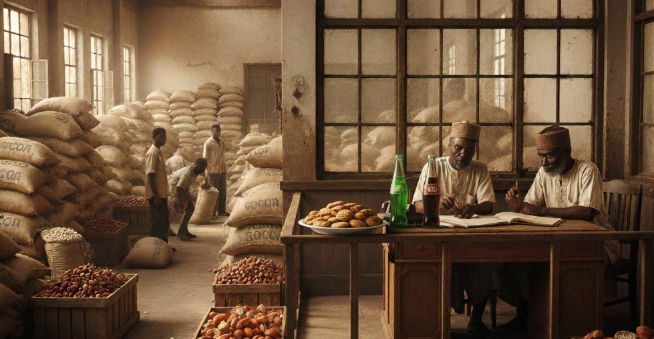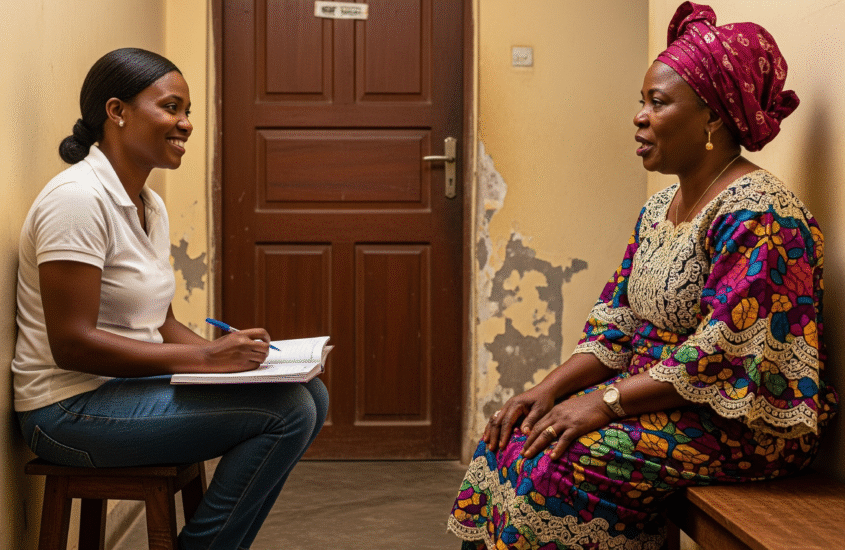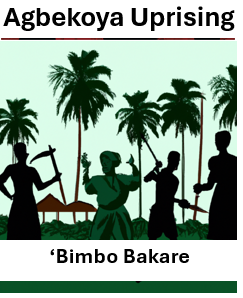02Mar
Tag: Ibadan
Moria’s Scar – Nigeria
"Never again should the profit motives of other nations be allowed to condemn an entire community of farmers to poverty and death." - Moria
The Gathering Storm
Moria and Mulika begin their journey. A journey that will take them from Ibadan through Akanran to Ijebu-Igbo to interview and obtain information about Agbekoya from those who are still living and have first account of the story
Seven Hills and Second Chances
As Moria reconnects with familiar streets and childhood landmarks, her bond with Mulika deepens, revealing painful truths and shared resilience. Their stay at the Premier Hotel becomes a sanctuary for reflection, laughter, and healing, where Mulika’s trauma is met with compassion and a promise of renewal. Beneath the surface lies a story of rediscovery—of a city, of friendship, and of the courage to begin again
Big problems start small
Though Moria had always known that fate had placed her and Mulika on separate paths, her warm welcome hadn’t driven home the reality of their divergent lives. It wasn’t until she stepped into Mulika’s room that the differences became painfully clear. The difference between Mulika’s living conditions and her own comfortable Massachusetts life was immense. Life, she was sure, had dealt her a far gentler hand. And here they were, years later, reunited by the very story that had changed their lives in different ways, a story Moria was only now beginning to grasp fully.
The Return
Twenty-seven years after, Moria arrives Ibadan to revisit the event that changed her life permanently. As unfortunate as the event was, it gave her the remarkable life she now has






